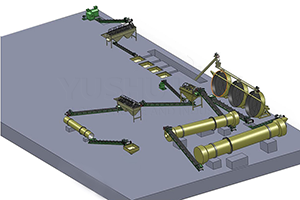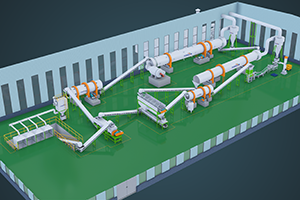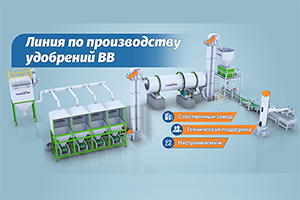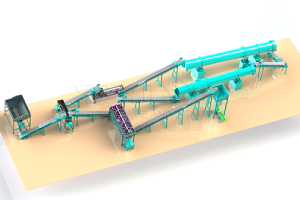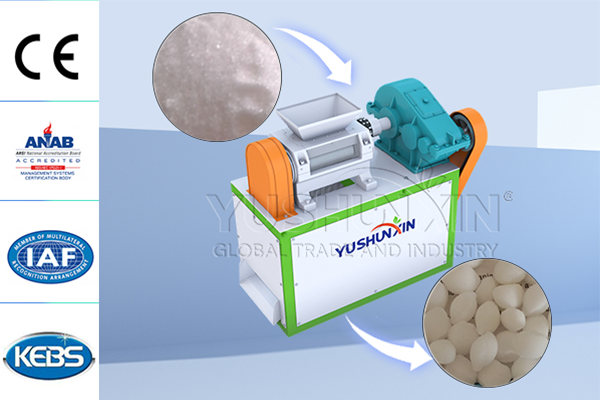Ammonium sulfate (Th4)2SO4) is widely used inorganic nitrogen fertilizer, since it is a source of nitrogen and sulfur, which can be absorbed by plants. When mixing with other fertilizers, it is necessary to take into account Ammonium sulfate compatibility with other fertilizers, so that the fertilizer obtained is useful and safe for your plants.
Here are a few typical scenarios of compatibility of ammonium sulfate when mixing with other fertilizers:
Phosphate fertilizers: Ammonium sulfate can be mixed with most phosphorus fertilizers (For example, Diammonyfosphate, Monoammonyfosphate, Calcium superphosphate). However, it should be noted, that the trace of chemical reactions can occur. Calcation sulfate is formed. This can reduce fertilizer efficiency.
Potash: Ammonium sulfate is usually compatible when mixing with potassium sulfate (potassium sulfate), since they are both sulfates. This mixture simultaneously provides nitrogen, sulfur and potassium, satisfying the needs of many cultures.
Calcium and magnesium fertilizers: Fertilizers, calcium or magnesium (For example, lime, gypsum or magnesium sulfate), can cause precipitation when mixing with ammonium sulfate. Calcium sulfate or magnesium sulfate is formed, reducing fertilizer efficiency.
Urea: Ammonium sulfate can be mixed with urea, But the mixture should be used immediately. Because in humid conditions urea absorbs moisture from the air and liquefies. Causes a combination of a mixture of fertilizers.
Fertilizers with trace elements: Ammonium sulfate is usually compatible when mixing with some fertilizers with trace elements (For example, Zinka sulfate, Sulfate of Medical). But best, If When mixing, you will use professional advice. To avoid excess or diet imbalance.
Alkaline fertilizers: When mixing ammonium sulfate with alkaline fertilizers (such as calcium carbonate, potassium carbonate) an acid-base reaction may occur. Produces gas and precipitation. Affects the properties of fertilizers.
In practice, you also need to take into account various types of soils, the needs of agricultural crops and environmental conditions. Before mixing production fertilizers, It is best to conduct a small compatibility test or seek a professional advice. To ensure the optimal ratio of mixing and the results of application.



